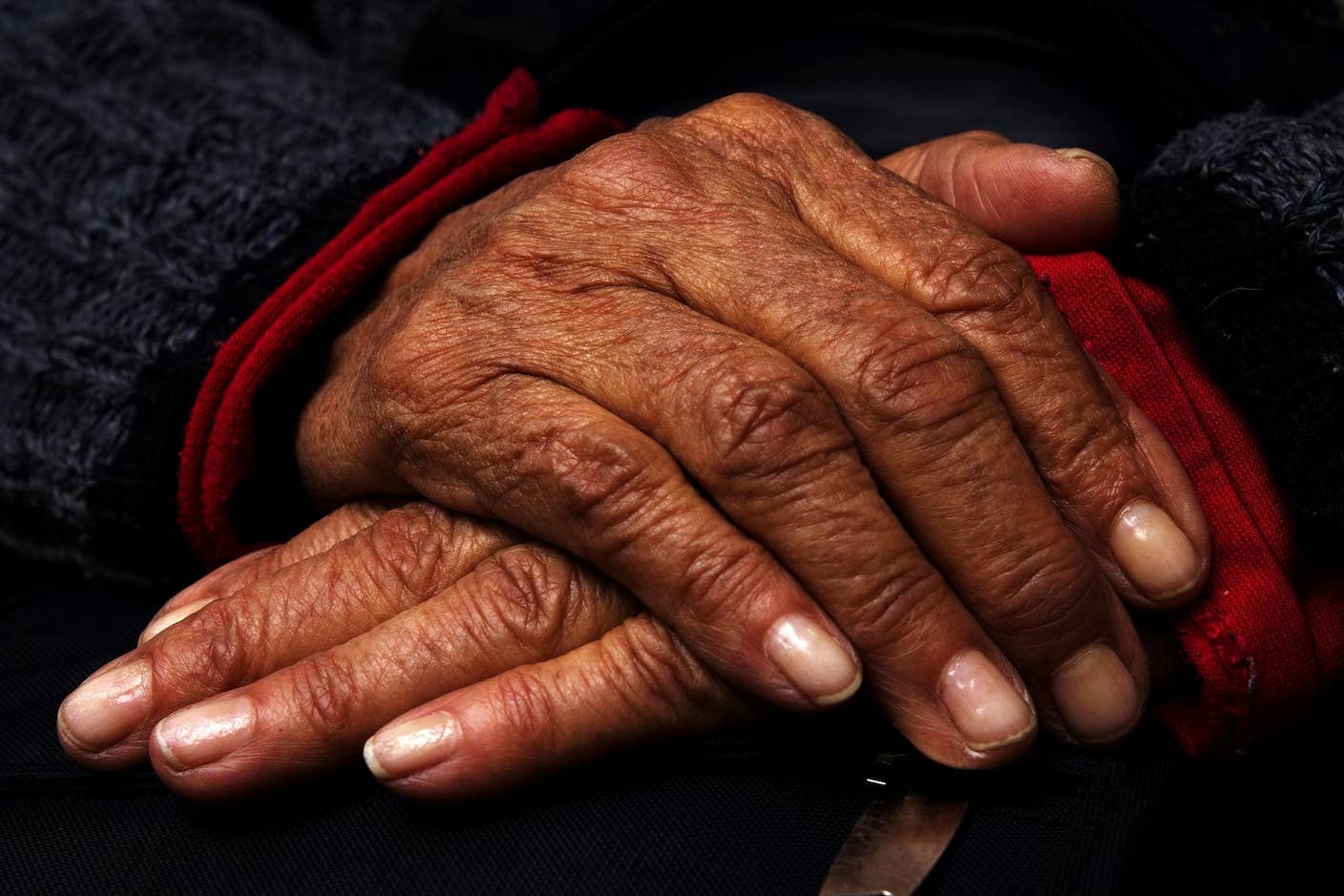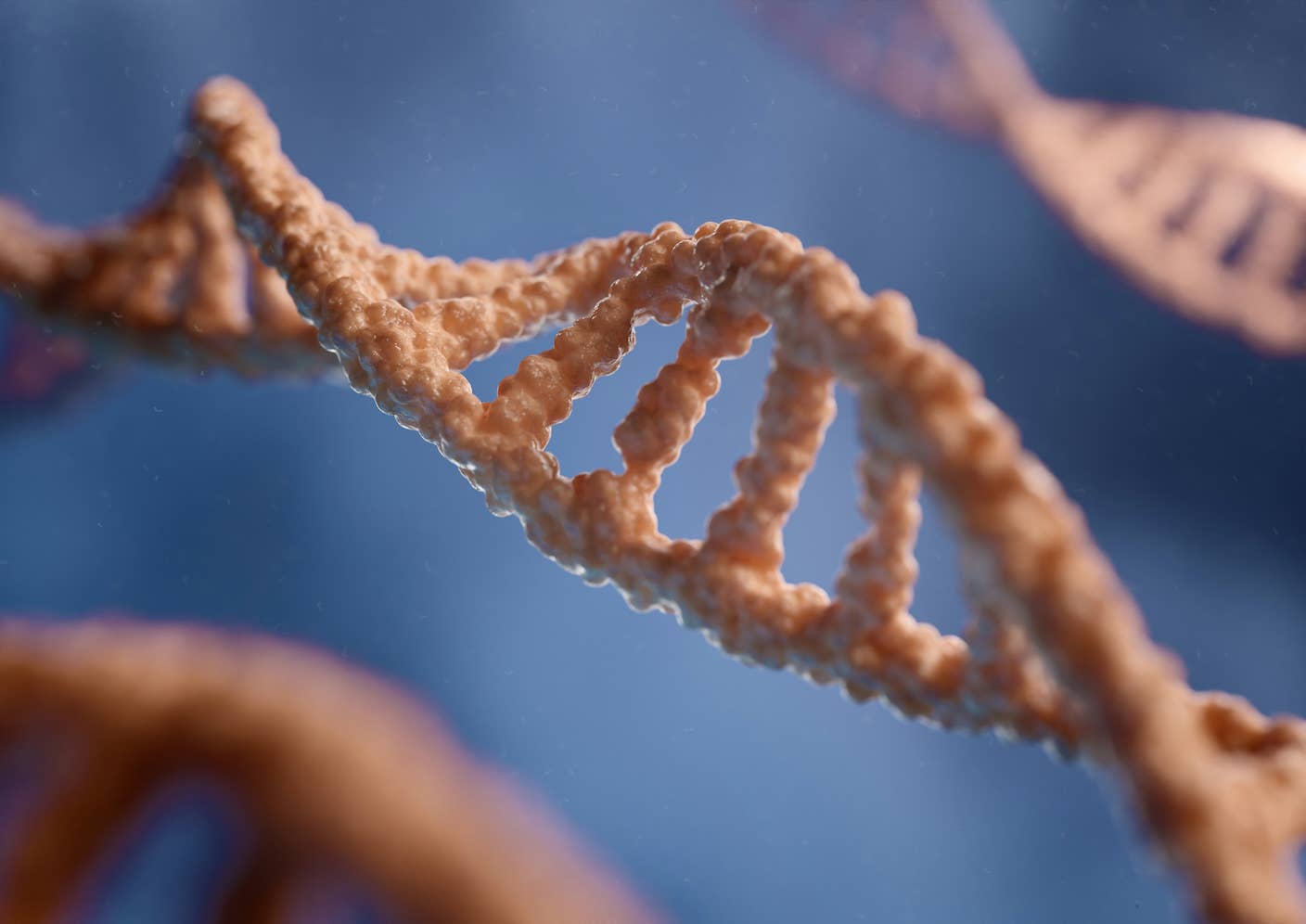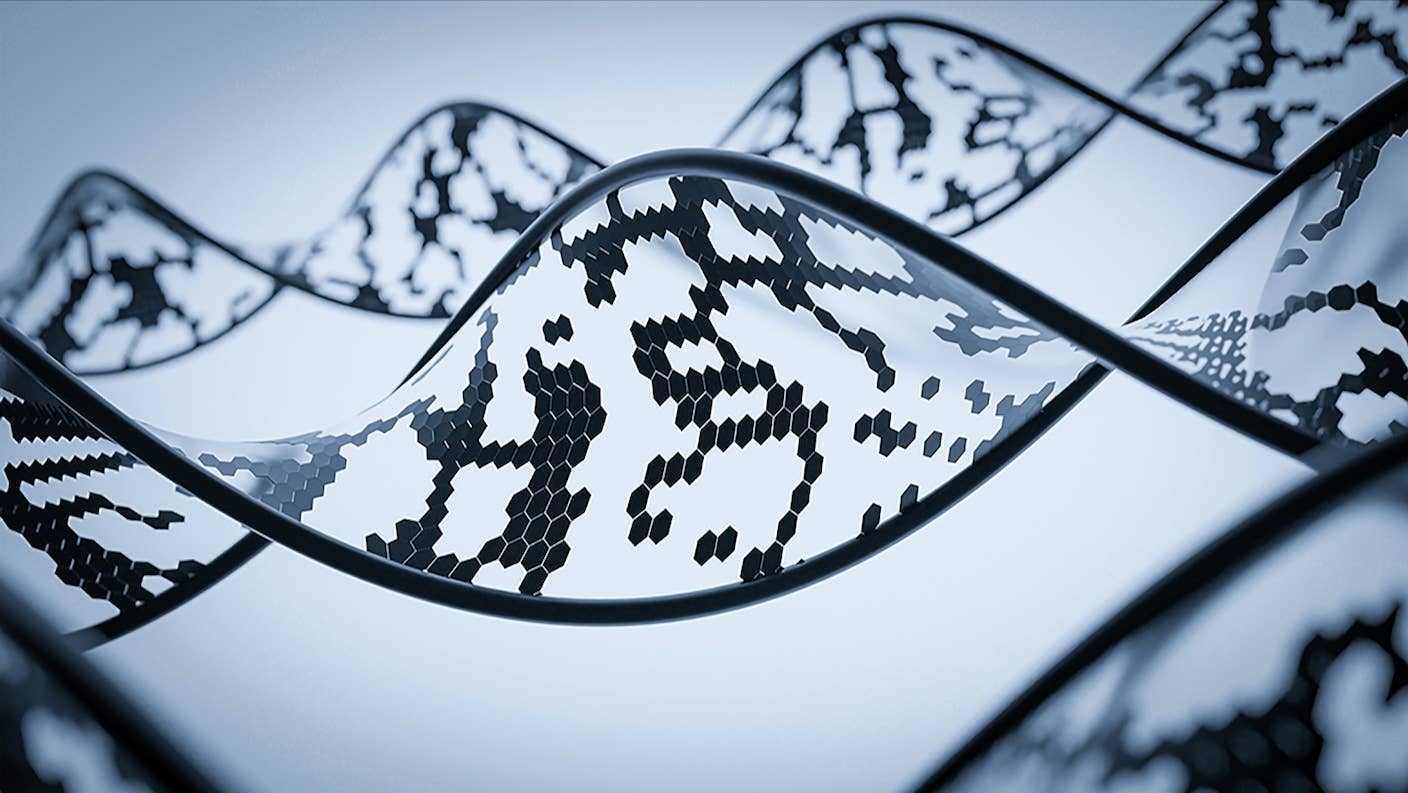OpenWetWare – The Wikipedia of Biology

Share

Depending on who you ask wikis are either the distilled divinity collected from humanity or the online equivalent of mob violence. By definition, wikis are simply a tool by which multiple users can build and edit webpages on a website, but in their application they have promise to be much more. Since 2005, OpenWetWare has served as a hub for all manner of biological information. It is a reference source containing information on materials, protocols for biological experiments, schematics, and experimental results. There are nearly 7000 users from all over the globe, most of them research scientists, editing 13,000+ pages of content. OpenWetWare has the potential to become the more reliable, biologically minded cousin to Wikipedia and I'm very impressed with it.
In the traditional model of scientific progress, researchers share information through two channels: published research and discussions at conferences. Six to twelve months could pass before one scientist learns about the discoveries made by another. OpenWetWare is a precursor to Science 2.0, a new paradigm wherein research learns some of the lessons of open source computer programming. By sharing information quickly online, scientists could reduce the duplication of work, create a quicker dialogue between teams, and develop dynamic and productive collaborations. In other words, the democratic dissemination of information would increase the efficiency of the scientific community, accelerating the rate at which the world benefits from their discoveries.
OpenWetWare evolved from a wiki called the Endipedia that was developed by two groups at MIT. As such, most of the steering committee for the site is based in the Boston area. DIYbio founder and friend of Singularity Hub, Mac Cowell, is one of the members of the committee (though I don't know how active he is). Still, if the leadership of OWW is heavy with Cambridge citizens, its base of users is much more global. There are dozens of groups, and more than 100 labs that contribute to the site, including scientists from Imperial College (UK), University of Sao Paulo (Brazil), and Peking University (China). The diversity of its members reflects the diversity of the synthetic biology competition iGEM.
Which is fitting because a good deal of the OWW content is geared towards iGEM competitors. Synthetic biology requires a host of lab skills that often have to be developed quickly. There are a myriad number of lab protocols required even for the most basic of genetic engineering tasks. OWW provides descriptions of these protocols, as well as allowing users to describe their experience with them.
User editing in OWW isn't as open as with Wikipedia. While 'anyone' can edit Wikipedia, you have to be a registered user to edit OWW. This restriction is a necessity. For although 7000 scientists is an awesome amount of intellectual power, it is no match for the teeming millions of vandals that troll the internet. So, while you or I could benefit from reading OWW, we can't put in our two cents without first letting them know who we are. This has meant, according to OWW, that there have been no known instances of vandalism on the wiki. None. Zero. That's amazing.
Be Part of the Future
Sign up to receive top stories about groundbreaking technologies and visionary thinkers from SingularityHub.


If you're a biologist or synthetic biologist, or other professional, you may be asking yourself if you should get involved in OpenWetWare. The answer is yes, and OWW has an entire page dedicated to convincing you of that. In short, the website believes that shared information is better information. It is more robust, able to survive the loss of a labmate or a small typo much better than secret information. Wikis benefit those who share as much as they benefit those who receive.
Scientists often lose track of that "sharing is caring" vibe because the reward system in the scientific community is publication-centric. You don't see Nobel Prizes handed out to scientists who haven't published in a major journal. Large grants - all funding, really - comes from proving the validity of your work by having it appear in esteemed publications. That's the on-the-ground truth of the situation. In order for OWW to become a viable means by which scientists feel inclined to share their most up to date and precious data, a new rewards system will have to be introduced. That system could be as simple as members of the scientific community recognizing and acknowledging the work shared on OWW. Every time a scientist joins OWW, or allows their lab to share information on it, or edits a page, they legitimize it as a respectable hub for the exchange of scientific thought. If enough biologists do so, 'publishing' on OWW will carry the prestige necessary to launch the community into Science 2.0.
Of course, there are ways that non-scientists can use and contribute to OWW as well. First, DIY biologists can read up on the protocols, materials, etc they need to perform their projects. Newcomers to synthetic biology are valued too. OWW needs the feedback of people who are autoclaving for the first time, or who have never isolated DNA before so that the wiki becomes a useful tool for those entering into the field. The more powerful a web resource OWW can create, the quicker prospective students will be able to become fully fledged biologists. About half a dozen college level courses already use OWW to share their curricula and help their students.
If we want to benefit from exponential returns on technology, we need a method of sharing ideas that is fast, reliable, and dynamic. I think a rigorous science wiki is that method. OpenWetWare is a great biological resource -looking at their site stats you see their wonderful increase in cumulative data over time. It's inspiring and I would like to see parallel websites develop in other fields. Robotics and computer science already have several. Currently, different research teams use OWW differently, and that diversity of utility is part of what makes the wiki so appealing. In the future, I can only see benefits arising as more scientists divest themselves of the current scientific rewards system and favor the evolving wiki-model of collective knowledge. There will be less ownership of ideas and experimental results, but that loss will be balanced by a growth in the number and quality of those ideas and results. Less individual prestige but more shared understanding and benefit. Isn't that why we started using science in the first place?
Related Articles

Your Genes Determine How Long You’ll Live Far More Than Previously Thought

Google DeepMind AI Decodes the Genome a Million ‘Letters’ at a Time

Scientists Turn Mysterious Cell ‘Vaults’ Into a Diary of Genetic Activity Through Time
What we’re reading